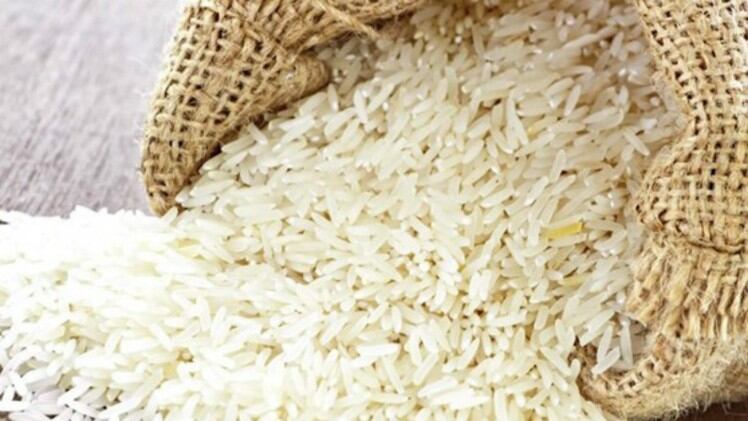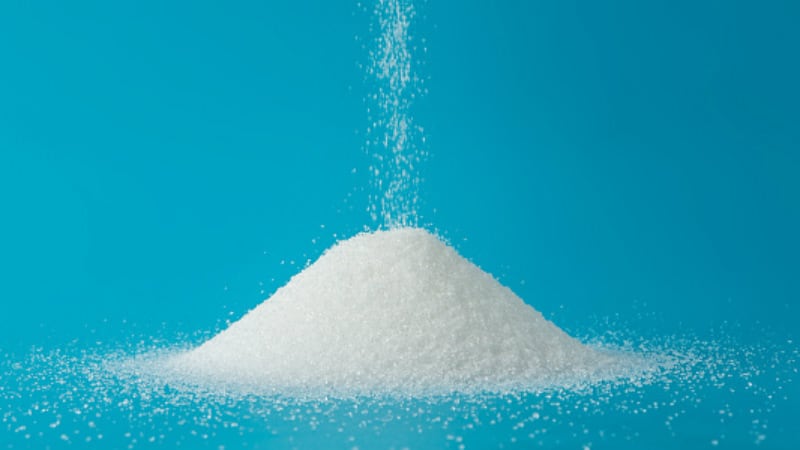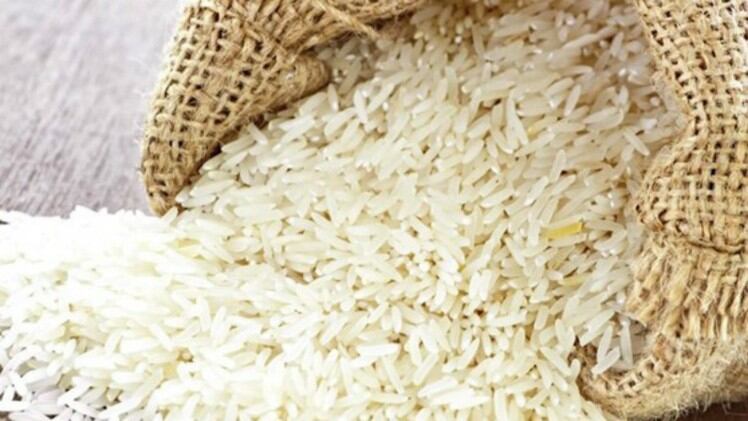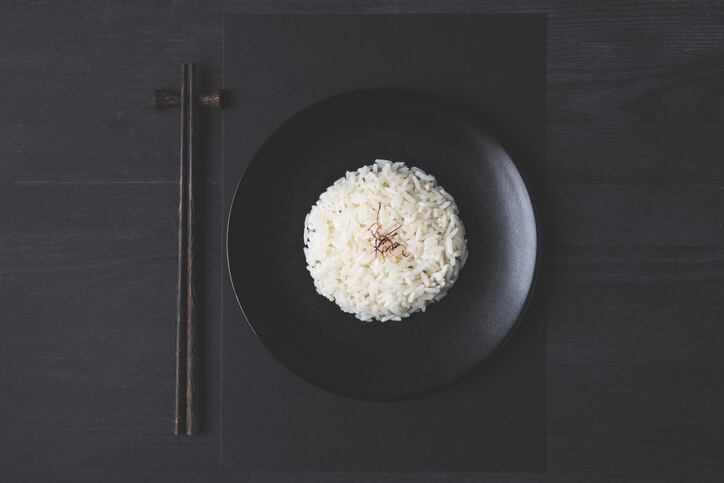This is the latest development in a long line of confusing and seemingly contradictory statements and policies.
Duterte originally signed the rice tariffication law and removed import caps earlier this year in February in an attempt to bring down rice shortages and severe price hikes in the Philippines.
This came on the back of a series of failed attempts to remedy the situation including the introduction of rice labelling and pricing rules, auctioning out rice supply bids, and a blatant denial of any shortage in the country.
A huge amount of rice entered the country after this was passed, easing the then-precarious situation.
However, nine months on, Duterte announced at a press conference earlier this month that he had ordered Agriculture Secretary William Dar to suspend all imports of rice in order to help local farmers suffering as a result of rice importation, and called on the government to buy local rice at farmgate prices instead.
This almost immediately led to a state of confusion, starting with the DA claiming that rice imports could not be stopped without amending the rice tariffication law.
“The law is the law. If it needs to be revised, that has to be reviewed by both houses of Congress,” said DA spokesman and Assistant Secretary for Communications and Media Affairs Noel Reyes.
“We will await an official directive from the palace.”
He added that it had been less than a year since the tariffication law had been implemented, describing it as a ‘baby that had not learnt to walk’, so it was ‘too early’ to talk about repealing this law.
The next day, following a meeting with Duterte, Dar responded by posting on his Facebook page that ‘strict measures’ would be imposed on rice imports – but made no mention of Duterte’s previous comments on halting these.
"All rice importers will have to comply with the guidelines as required in securing the Sanitary Phyto-Sanitary Import Clearance or SPSIC," said Dar.
“We are abiding by the intentions and directives of President Rodrigo Duterte to bring down the price of rice at affordable levels, and provide rice farmers much-needed support to make them efficient and cost-productive so they can ably compete with their counterparts in ASEAN and other Asian countries."
After close to a week of confusion, Duterte finally cleared up the situation by claiming that he had been ‘misunderstood’.
“We have to import because the producer cannot fill up the requirements. It’s lacking,” he said during a speech.
In conclusion: rice imports will continue in the Philippines, albeit with stricter controlling measures in place.
Helping rice farmers
The implementation of these measures as well as ‘pre-inspections’ at the point of origin of imported rice will be enforced through DA via the Bureau of Plant Industry (DA-BPI).
“This is to ensure quality and safe rice for consumers, as well as protect farmers from possible introduction and spread of crop pests and diseases,” said the DA via an official statement.
DA also stated that in this meeting, Duterte had ordered the country’s National Food Authority (NFA) to buy more palay (unhusked rice) from local farmers to increase emergency buffer rice stock from 15 to 30 days.
“The NFA must [also] sell more regular milled rice at an average of 20,000 bags (50 kg) or more per day, [and extend] the unconditional cash transfer for small farmers affected by low palay prices [from] one to two years, with a budget of PHP3bn (US$59.1mn) per year,” said the DA.
According to Asia Customs and Trade, BPI launched an ePhytosanitary Web Application (which can be found here) earlier this year which aims to increase the electronic applications of electronic phytosanitary certificates in the country, as opposed to paper versions.





